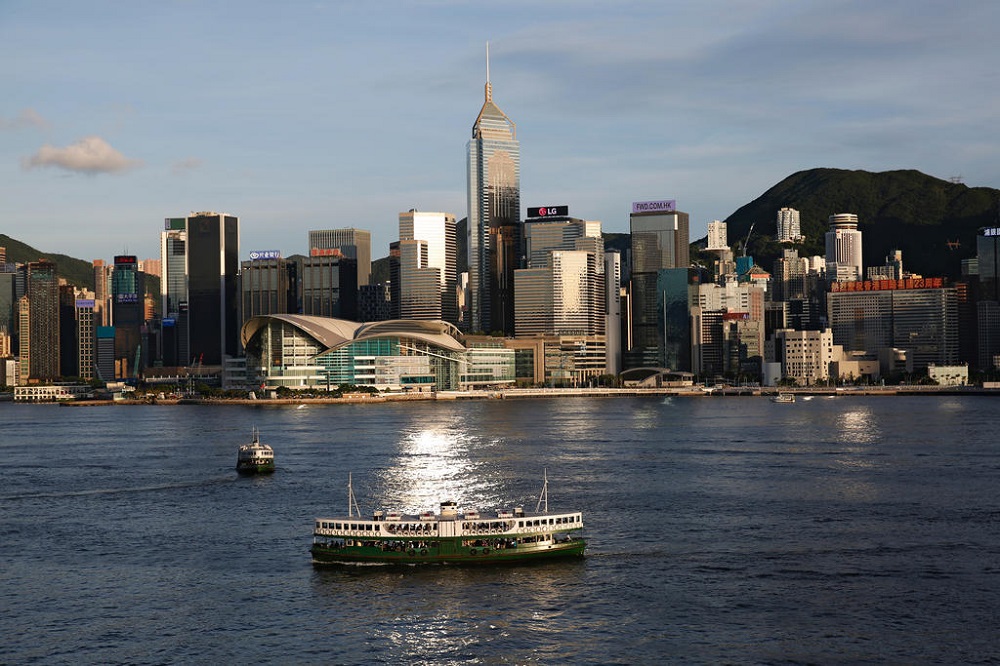BEIJING, March 12 — China’s plans for electoral reform in Hong Kong, coupled with the imposition of a security law, amount to a “combination of punches” to quell unrest in the southern city, a top Beijing official said today.
Hong Kong was rocked by massive and sometimes violent pro-democracy protests in 2019 against Beijing’s encroachment on its unique freedoms.
The Chinese government has since cracked down on the opposition, arresting dozens of activists and smothering the street movement with a draconian national security law.
Yesterday it moved to ensure only “patriots” run the city, when an annual rubber-stamp parliament voted for sweeping changes to Hong Kong’s electoral system — including powers to veto candidates.
The plan was swiftly pilloried by the US, EU and the UK, the city’s former colonial ruler which handed control of the territory to Beijing in 1997 under a special “one country, two systems” arrangement.
A Beijing official in charge of Hong Kong policy told reporters today the “chaos” of recent years showed that the city’s electoral system has “clear loopholes and shortcomings”.
Alongside the national security law, the move represents “a combination of punches, to... effectively manage the ongoing chaos”, said Zhang Xiaoming, of the Hong Kong and Macau Affairs Office.
The problem in Hong Kong is a “political one”, he said, repeating an often-used — but unproven — allegation by Beijing that outside forces are fermenting disruption in the financial hub.
“It is a contest between a seizure of power and countering the seizure, subversion and counter-subversion, infiltration and counter-infiltration,” Zhang said.
“We have no room for concession on this issue.”
After the proposed reform was approved at China’s rubberstamp congress yesterday, criticism has poured in from the United States and the European Union.
The move is “a direct attack on autonomy promised to people in Hong Kong under the Sino-British Joint Declaration” before the handover of the territory in 1997, US Secretary of State Antony Blinken said.
Blinken also urged Hong Kong to go ahead with September elections, which the city’s pro-Beijing leader Carrie Lam has hinted will be delayed again.
The EU said the decision would have a “significant impact on democratic accountability and political pluralism in Hong Kong.” — AFP






















